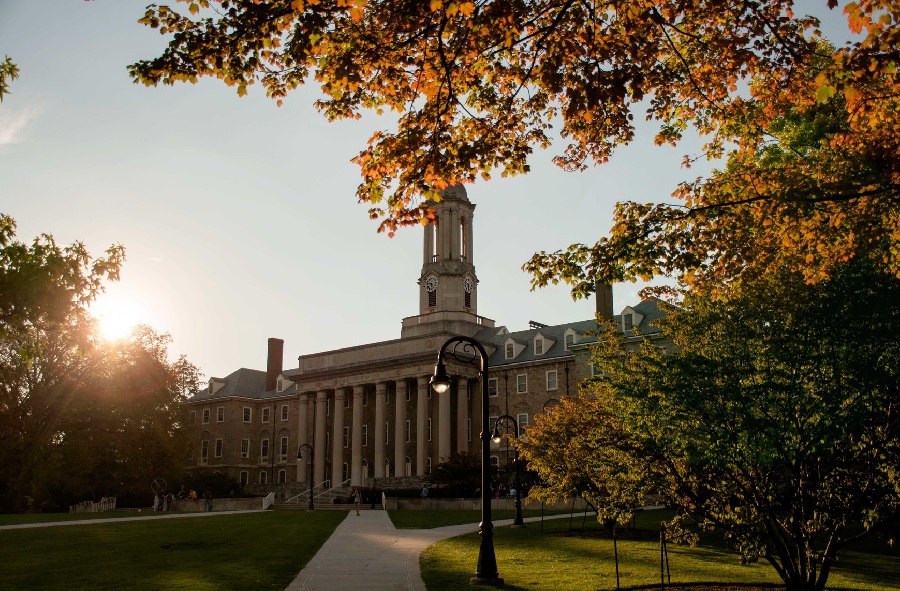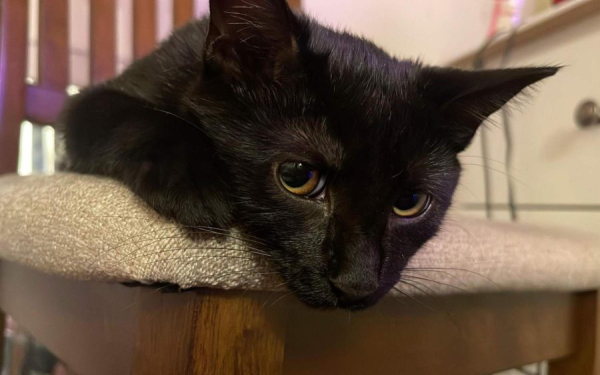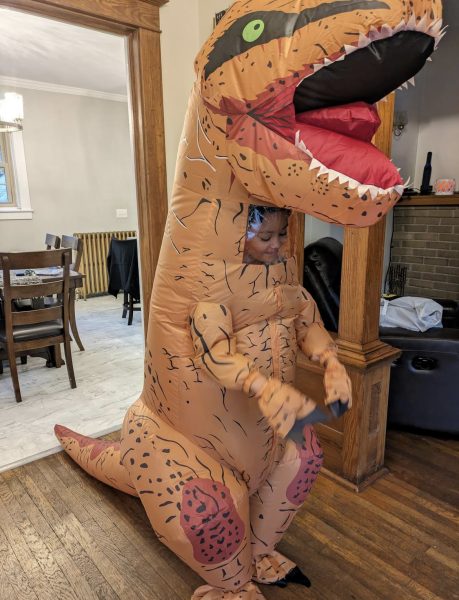Does high school prepare students for the real world?
March 2, 2021
High school has always been said to prepare students for the challenges that they will face later in their lives. This is done by helping students use problem solving skills as well as thinking through issues in a logical way. But are students really being prepared for the real world after high school or is there more preparation that could be done to help them succeed?
When you ask an average high school student if they know how to file their taxes, most of the time they will look at you with a puzzled look and say: “We were never taught that.” If you ask the same student if they can prove a theorem for geometry or explain how to set up an MLA style research paper, chances are they will be able to. Although knowing theorems and how to set up research papers are very important to make it through high school, chances are a student will not have to use those skills past college.
But why do schools not teach students the skills that they need to make it through the real world? The answer is a bit unclear. On one side of things, most schools focus on academics rather than real-life skills in order to help students make it into college. Teaching students these important skills does not seem as necessary to schools since many real-world skills can be learned on one’s own.
Some schools do offer electives that students can choose to take that will help them learn a few skills that will help them survive on their own in the future. Here at Clearfield, that class is offered as Life Beyond High School and is not mandatory for students to take but is offered as an elective. Personally, I believe that all students should be required to take at least one semester of this specific class in order to help them prepare for the next chapter of their lives that are right around the corner.
Life Beyond High School teaches important skills such as how to manage and pay student loans, how to manage your income as a family, and how to read and file taxes. Many of these different ideas are not taught outside of this class in an academic setting, making this class very valuable. I found myself coming out of the class with more knowledge about the real world and how my life would soon be than ever before. Overall, I feel like teaching life skills that are not exactly “academic skills” is beneficial to students.











